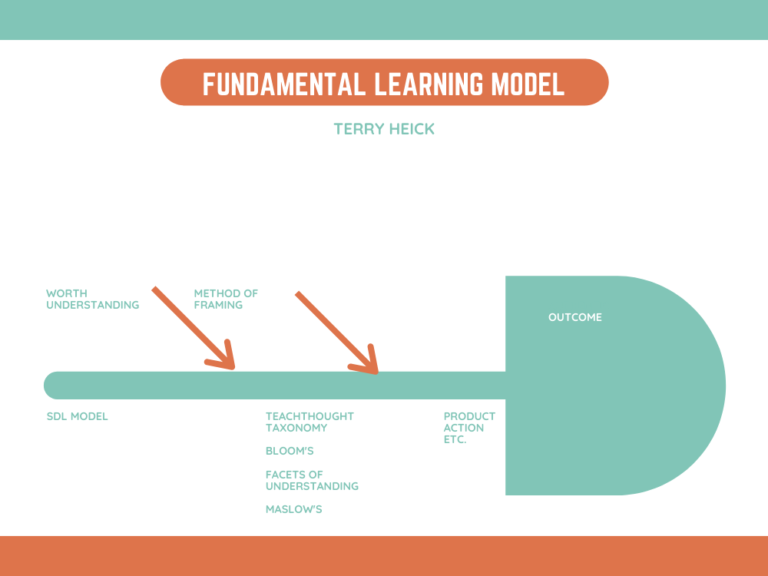Similar Posts

TeachThought Fundamental Learning Model
Choose Topic Worth Knowing Choose Method Of Framing Choose Specific Outcome
Heick Literary Terms, Devices, & Ideas
Literary Terms and Devices Allegory A symbolic narrative in which the surface details imply a secondary meaning. Allegory often takes the form of a story in which the characters represent moral qualities. The most famous example in English is John Bunyan’s Pilgrim’s Progress, in which the name of the central character, Pilgrim, epitomizes the book’s…
A Brave New World AP Journal Prompts
Short Response: 1-4 complete sentences Extended Response 1-4 complete paragraphs Essay: 5 or more paragraphs (also called a ‘paper’ and can be informative, research-based, persuasive, etc.) Chapter 1 Vocabulary: pallid, callow, abject, geniality, florid, zealous, salinity, viscosity, bouillon, prodigious, viviparous, vivacious, interminable, deft, optimum, predestination, sultry, caste, decant. Explain how Huxley uses imagery to establish…

Reading Competencies
Reading Competencies Idea 1. Identify and analyze a theme or thesis and its development (e.g, the use of supporting details, rhetorical techniques, literary devices, writing style, tone, mood, modalities, etc.) 2. Recognize how a theme or thesis or media fits into larger contexts (cultural, literary, digital, etc.) 3. Recognize and explain the features, nuance, history,…
30 Universal Strategies For Learning
30 Universal Strategies For Learning Challenge something Make an observation Draw a conclusion Question something Revise a question based on observation & data Critique something Explain the significance Revise something Transfer a lesson or philosophical stance from one situation to another Improve a design Identify a cause and effect Compare and contrast two or more…
50 Activities To Promote Digital Media Literacy In Students
50 Activities To Promote Digital Media Literacy In Students Infer the author’s purpose. Distinguish between primary and secondary audiences. Summarize the media by identifying its 3-5 most important ideas or events. Identify and diagram the literary elements (e.g., setting, characters, conflict, etc.) Identify and analyze characters as major or minor; flat or round; static or…
